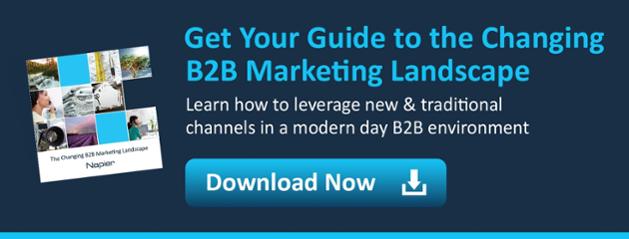
The Changes in the Groups and the iOS App
From now on, there are two Groups: Standard Groups and Unlisted Groups. The Standard Groups, are easily findable in search and the members can request other members to join or be invited by existing members to join the Groups. The Unlisted Groups are not searchable and membership requires an invite from a manager. The conversations on both the Groups are only visible to the Groups’ members.
LinkedIn also released a standalone IOS app on 14th Oct, 2015 specifically for the Groups. The idea behind the app is to show its members quality content, highlighting the relevance and engagement quotient of the discussion.
What’s more interesting is, all the Groups and their content can’t be indexed by the search engines, and for each Groups the members must vouch first before they get entry to the Groups.
So, how does it change the scenario? Well, from now on there is no easy way out and no question of short term gains. The platform has taken a way, where more active and quality engagement would build more enduring relations. Time and quality do matter here, but the gain would be more enriching and rewarding.
Spammers have destroyed the value of Groups
LinkedIn provides a discussion platform to like-mined professionals, allowing them to engage and discuss relevant and intelligent topics and issues, and to churn out and share quality ideas and relationships for achieving business goals. However, in the recent past, the quality of engagement had drastically deteriorated as spammers began to take over. In a way, it had resulted in an anathema to the very idea of the LinkedIn.
Minal Mehta, LinkedIn’s Product Lead for Groups, described the situation in the most apt way. According to Minal, “We want you to be professional when you’re having conversations, Groups is such a valuable part of LinkedIn. When it works and when I engage, what I get is amazing.”
And it seems, this is what LinkedIn has set out to achieve and offer.
A setback or a more effective opportunity for B2B Marketing?
So, let’s ask the question: is making the Groups private a setback or opportunity for B2B marketers? Will this step seriously jeopardize the opportunities by removing content from Google search results? Would B2B marketers get disenchanted and look for sideways?
In fact, it’s not a setback for B2B marketers, rather an opportunity to build more value based professional network, making the communication and engagement in a partnership like standing. The improved quality of the platform will create a sense of trust and value, inviting more meaningful conversation. Whilst the audience might be smaller, the increased engagement will provide a much more valuable platform.
Quality is never an accident. It is always the result of intelligent effort. And this is what is behind LinkedIn’s decision to make Groups private.

